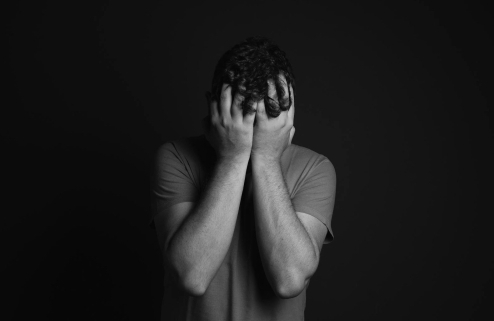4 Signs You May Be Struggling with Mental Health
Mental health issues like depression and anxiety are far more common than you might think. According to SAMHSA, 50% of mental health disorders show their first signs before a person turns 14 years old, and 75% of mental health disorders begin before age 24. If you’ve been feeling off lately, there are some key signs to watch out for. This blog will explore a few potential red flags that could indicate you’re struggling with your mental health.
1. You’ve Lost Interest in Things You Used to Love
When you’re dealing with conditions like depression or anxiety, you often lose interest in hobbies and activities that used to bring you joy. If you find yourself blowing off plans with friends or no longer excited about your favorite TV shows, it’s a sign something deeper may be going on. A loss of interest is one of the most common symptoms of several mental illnesses.
2. Your Sleep Habits Have Changed Drastically
Mental health struggles can wreak havoc on your sleep in all sorts of ways. Some people with depression sleep significantly more than usual, sometimes even upwards of 12 to 14 hours a day. Others experience insomnia and tossing and turning all night. Disrupted sleep, whether too much or too little, often coincides with changes in mood and mental health.
3. Your Eating Habits Are Out of Whack
Appetite changes go hand-in-hand with depression and anxiety. You may constantly feel like stress eating and snacking, or you might have zero desire to eat. If you’ve experienced big changes in your eating that feel tied to your emotions, it could point to an underlying issue. Don’t ignore sudden weight gain or loss.
4. You’re Irritable and Sensitive
When you’re dealing with a mental health problem, little things seem like big deals. Your reactions to daily stressors are amplified. Tiny inconveniences that never bothered you now provoke intense irritation or anger. Crying spells over minor incidents are common too. If your emotional reactions feel out of proportion lately, reflect on what’s really going on.
The bottom line is listening to your mind and body. Don’t ignore symptoms like loss of interest, appetite changes, sleep issues, and heightened sensitivity. Those are your clues that something deeper may be going on. You deserve to get the help you need. If you’re experiencing any of these issues, reach out to Appalachian Counseling and Psychological Services to get professional guidance for your mental health.






